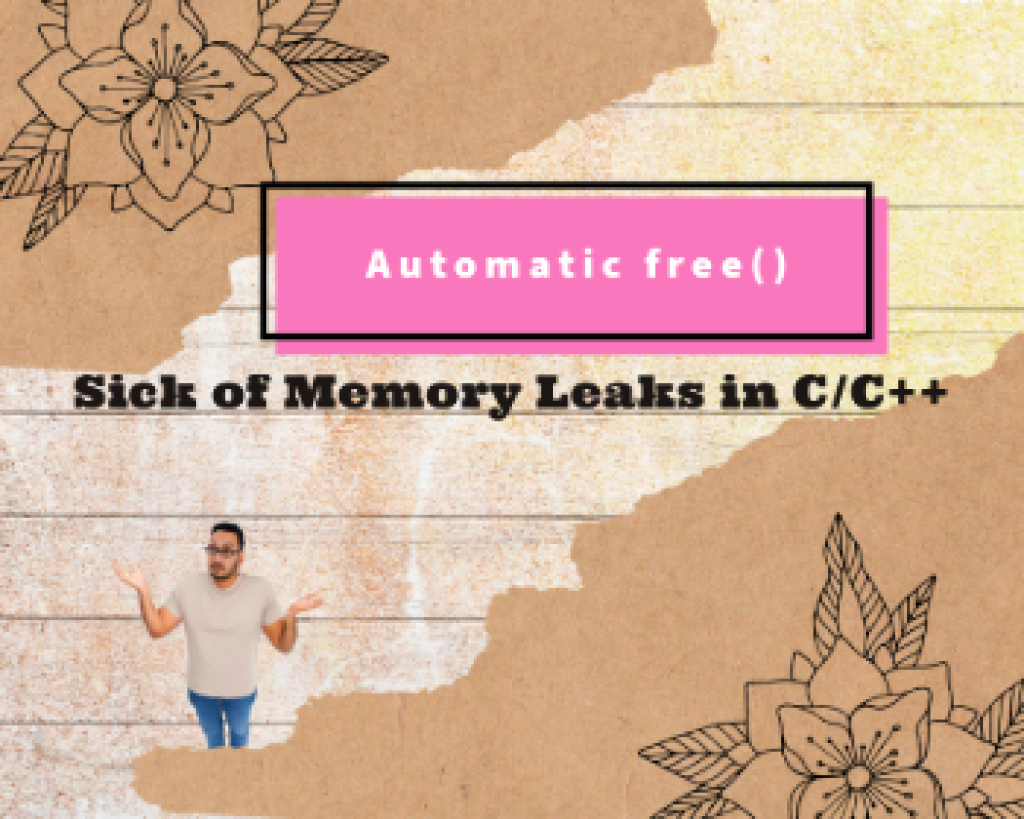SQL Injection
Learn how SQL Injection works with real examples and a hands-on demo using PHP and MySQL. Explore a GitHub repo with vulnerable code to safely test and understand this critical web vulnerability.

Memory Management is the most debatable topic when comes to programming in C/C++. You would find a hundreds of articles discussing bugs caused by memory leaks, dangling pointers, double free() issues and other pitfalls associated with manual memory management. These challenges often lead to unstable applications, security vulnerabilities, and poor performance, making memory management one of the hardest aspects of C/C++ programming.
But what if we automate the process of freeing memory? What if developers could focus more on writing efficient code rather than worrying about when and how to release memory? This is where modern techniques and tools like RAII (Resource Acquisition Is Initialization), smart pointers in C++, and custom memory management libraries come into play.
Your email address will not be published. Required fields are marked *
Learn how SQL Injection works with real examples and a hands-on demo using PHP and MySQL. Explore a GitHub repo with vulnerable code to safely test and understand this critical web vulnerability.
Learn how CI/CD transforms software development by automating builds, tests, and deployments. Boost speed, reduce bugs, and release confidently with continuous integration and delivery.
In this article, we will go through the process of dynamic memory management in C, its techniques, function used, pros and cons of it.
These cookies are essential for the website to function properly.
These cookies help us understand how visitors interact with the website.
These cookies are used to deliver personalized advertisements.

